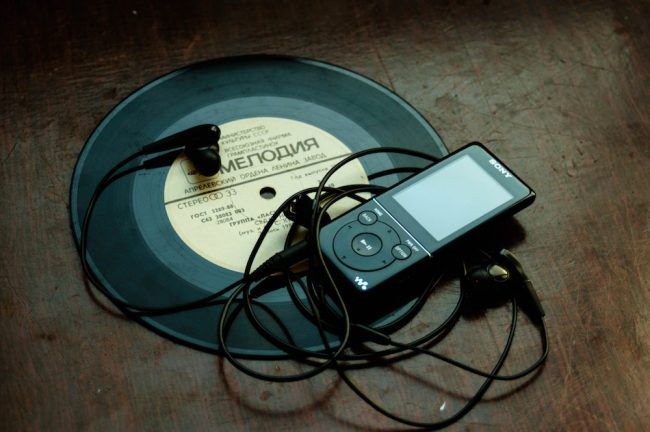“Music is no longer a fringe movement”
According to figures from UK Music, the music industry contributed over £4.4 billion pounds (GVA) to the British economy in 2017. That same report revealed that 30.9 million people attended a concert or a festival last year, and that almost 150,000 people in the UK are in employment sustained by music. Clearly, the industry is big business in this country. And with these figures all an increase on the year before, it’s a business that doesn’t appear to be slowing any time soon.
Even over the course of my own lifetime, the music landscape has changed significantly. How we listen to music, how we purchase music, even how music is produced and released has undergone radical change. As a ten-year-old, I remember going to HMV to buy the latest Now! album (depressingly, I own Now! 41, and they’re just about to release Now! 99) which I would take home and play on my über-cool pink CD player. As I grew older, it became trendy to Bluetooth songs to each other’s flip phones, and the popular kids would no doubt play them out loud on the walk home; my family would pay for every song we listened to on iTunes, and we would then spend hours every Sunday syncing our iPods to our iTunes libraries.
30.9 million people attended a concert or a festival last year
As a member of the streaming generation, I cannot fathom why my father would to this day spend 99 pence on each and every song in his music library. I’ve spoken to him about switching to Apple Music or Spotify, and though his current method is costing significantly more in the long-run, the idea of paying a flat-rate of £10 a month fills him with sheer horror.
New methods of listening have too evolved. The birth of Glastonbury festival saw only 1,500 people in attendance back in 1970, with tickets to the event costing a mere £1. Nowadays, with the festival being consistently headlined by some of the world’s biggest artists, the release of tickets creates absolute pandemonium. The festival and concert industries are booming on a scale never seen before, with more and more people clamouring to see their favourite acts performing live.
How we listen to music on a smaller scale is also changing. We no longer listen to music on our Walkmans (if you don’t know what these are, then I feel truly ancient); we no longer keep a heavy folder of CDs in our cars. Today, we listen to music on our phones, usually sporting a snazzy pair of headphones in the process. Even now, we can witness the industry in the midst of evolution, with Apple’s removal of headphone jacks from their iPhones a recognition of shifts in consumer behaviour towards more advanced technology, such as wireless listening.
The festival and concert industries are booming on a scale never seen before
Music today is no longer a sub-culture. Music is culture. Everybody listens to music nowadays, and everybody has their own unique taste. My personal tastes can switch from electro-dance playlists to a cheesy 90s pop classics in an instant. Music is no longer a fringe movement, with new material being released on an immeasurable scale to intangible audiences. In my younger years I remember desperately listening to the UK Top 40 as it was released on Sunday radio shows – if you didn’t know every song in the charts, the kids at school would act very self-righteous indeed. These days, the songs that grace the airwaves rotate so rapidly I wouldn’t stand a chance of knowing every essential song.
Over the course of my short lifetime, the face of music has transformed and will continue to do so whilst it remains an integral part of our lives. Its current cultural significance is indisputable, and it’s fair to say that music will, in a decade’s time, take a different or perhaps unrecognisable form once more.
https://www.youtube.com/watch?v=sMgZR1C8xO4

Comments